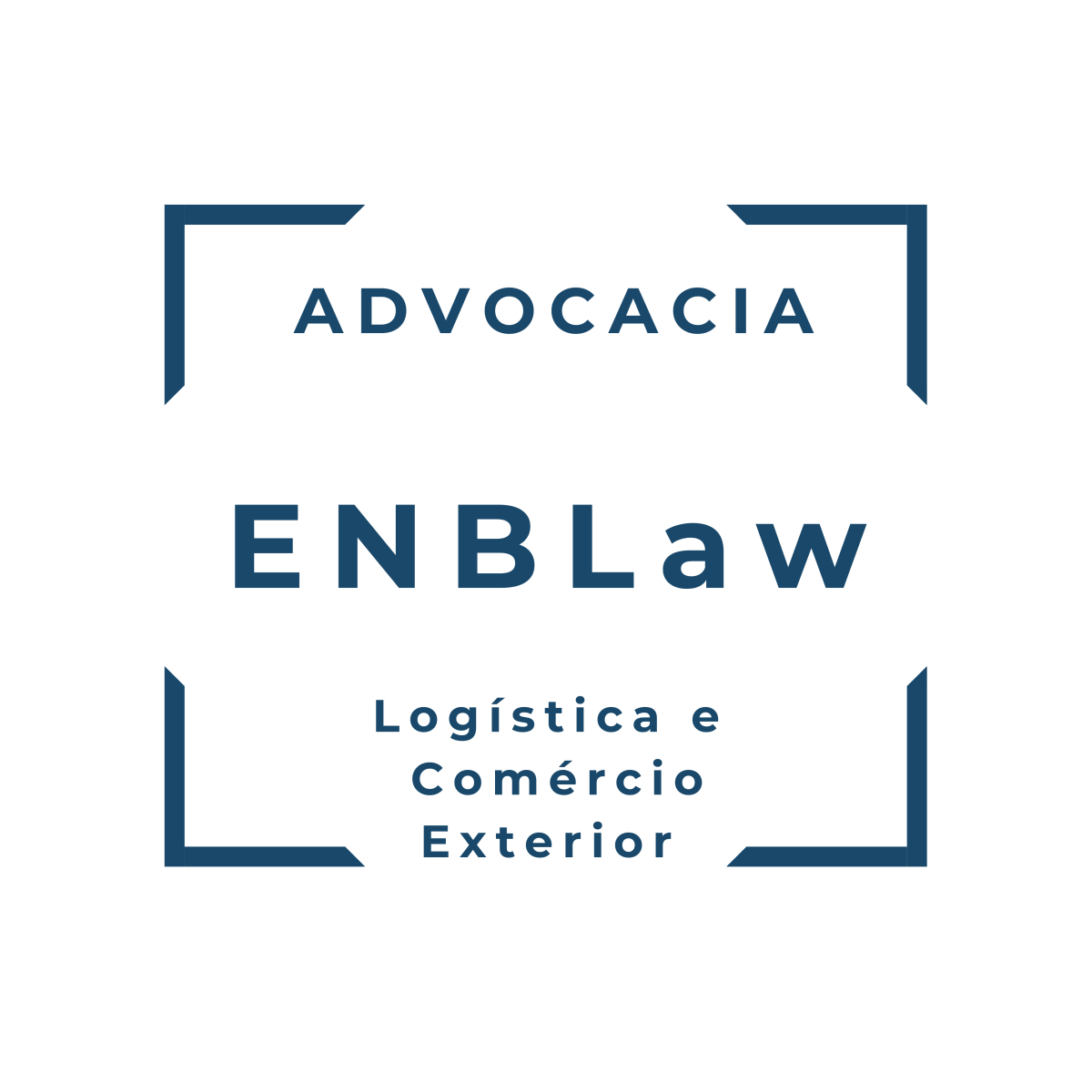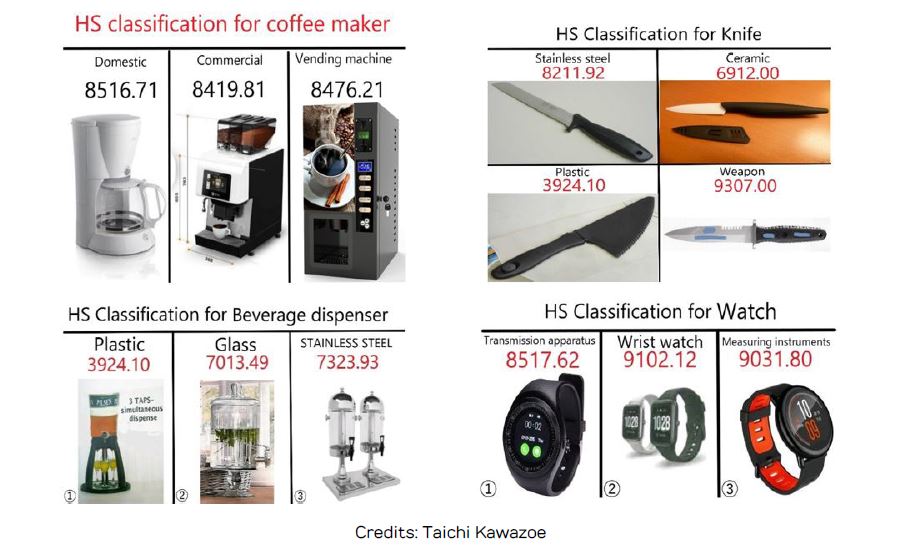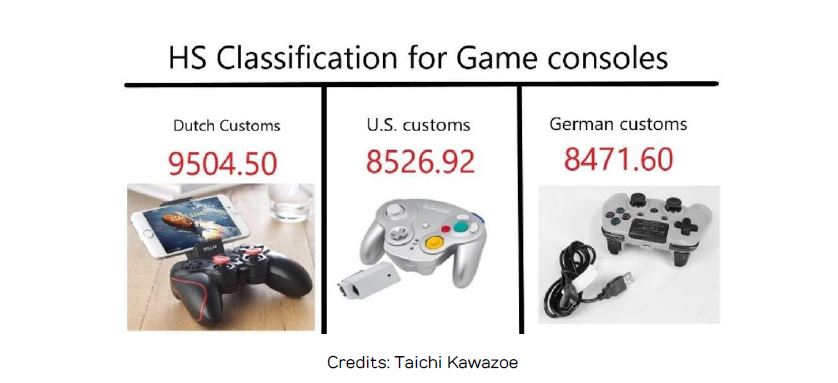Trade with Brazil: The use of ‘attributes’ in classification of goods

Autor: Eduardo N. B. Leite
Autor: Laércio Cruz Uliana
CCRM Journal for Practitioners in Europe, Issue 17, October / November 2022
Trade with Brazil: the use of ‘attributes’ in classification of good | Comércio com o Brasil: O uso de ‘atributos’ na classificação de mercadorias.
Due to the need for more precise controls on foreign trade, the Brazilian government decided to adopt an additional methodology to performing the classification of goods in the HS/NCM, which is the use of 'attributes'. Each position in the HS/NCM can have several attributes, and the importer must indicate which one or which ones apply to the goods. This new import process aims to optimise customs inspection and increase the application of fines due to incorrect classification.
As a signatory to the International Convention on the Harmonized System of Description and Coding of Goods (popularly known as the Harmonized System or HS), Brazil, like other countries, uses the nomenclature codes as a basis for: (1) Customs tariffs; (2) the collection of international trade statistics; (3) rules of origin; (4) the collection of internal taxes; (5) trade negotiations (e.g., the WTO schedules of tariff concessions and Free Trade Agreements); (6) transport tariffs and statistics; (7) the monitoring of controlled goods (e.g., wastes, narcotics, chemical weapons, ozone layer depleting substances and endangered species); (8) Customs process areas of Customs controls and procedures, including risk assessment, information technology and compliance¹. In addition to the 6 digits in the nomenclature codes of the HS, Brazil, as well as the other member countries of MERCOSUR (Paraguay, Uruguay and Argentina), adds 2 digits to the HS and calls this new code structure the NCM (Common Nomenclature of MERCOSUR).
Although these 2 extra digits contribute to greater accuracy in the classification of goods in the Harmonized System, it is not sufficient to allow adequate tracking of international trade, as exemplified by the World Customs Organization² below.
Let's look at an example: 'Salicylic acid and its salts' were highlighted as ‘products of interest’ in relation to the pandemic, and they have their own subheading, which is '2918.21'. Salicylic acid is used in its own right to treat a range of skin conditions, but its main point of interest in terms of the pandemic is that it is the principal ingredient used to manufacture acetylsalicylic acid, commonly known as aspirin, used to treat pain, fever and inflammation.
But what about aspirin tablets or capsules themselves? They are a compounded medicament consisting of acetylsalicylic acid and various other, non-active ingredients put up in a measured dose, i.e., as tablets or capsules, and are covered under subheading '3004.90 - Other'. This is a
very broad category, covering thousands of different products.
So, while we can track, with a good level of precision, trade in pure salicylic acid or in pure acetylsalicylic acid (subheading '2918.22 -- O-Acetylsalicylic acid, its salts and esters'), we can’t use the HS to track international trade specifically in ready-to-use aspirin.
Also, for the purpose of defining subheadings, in general, for all countries, let's see how imprecise the Harmonized System is with some products that dramatically change their position, as we can see below.
Autor: Laércio Cruz Uliana
CCRM Journal for Practitioners in Europe, Issue 17, October / November 2022
Trade with Brazil: the use of ‘attributes’ in classification of good | Comércio com o Brasil: O uso de ‘atributos’ na classificação de mercadorias.
Due to the need for more precise controls on foreign trade, the Brazilian government decided to adopt an additional methodology to performing the classification of goods in the HS/NCM, which is the use of 'attributes'. Each position in the HS/NCM can have several attributes, and the importer must indicate which one or which ones apply to the goods. This new import process aims to optimise customs inspection and increase the application of fines due to incorrect classification.
As a signatory to the International Convention on the Harmonized System of Description and Coding of Goods (popularly known as the Harmonized System or HS), Brazil, like other countries, uses the nomenclature codes as a basis for: (1) Customs tariffs; (2) the collection of international trade statistics; (3) rules of origin; (4) the collection of internal taxes; (5) trade negotiations (e.g., the WTO schedules of tariff concessions and Free Trade Agreements); (6) transport tariffs and statistics; (7) the monitoring of controlled goods (e.g., wastes, narcotics, chemical weapons, ozone layer depleting substances and endangered species); (8) Customs process areas of Customs controls and procedures, including risk assessment, information technology and compliance¹. In addition to the 6 digits in the nomenclature codes of the HS, Brazil, as well as the other member countries of MERCOSUR (Paraguay, Uruguay and Argentina), adds 2 digits to the HS and calls this new code structure the NCM (Common Nomenclature of MERCOSUR).
Although these 2 extra digits contribute to greater accuracy in the classification of goods in the Harmonized System, it is not sufficient to allow adequate tracking of international trade, as exemplified by the World Customs Organization² below.
Let's look at an example: 'Salicylic acid and its salts' were highlighted as ‘products of interest’ in relation to the pandemic, and they have their own subheading, which is '2918.21'. Salicylic acid is used in its own right to treat a range of skin conditions, but its main point of interest in terms of the pandemic is that it is the principal ingredient used to manufacture acetylsalicylic acid, commonly known as aspirin, used to treat pain, fever and inflammation.
But what about aspirin tablets or capsules themselves? They are a compounded medicament consisting of acetylsalicylic acid and various other, non-active ingredients put up in a measured dose, i.e., as tablets or capsules, and are covered under subheading '3004.90 - Other'. This is a
very broad category, covering thousands of different products.
So, while we can track, with a good level of precision, trade in pure salicylic acid or in pure acetylsalicylic acid (subheading '2918.22 -- O-Acetylsalicylic acid, its salts and esters'), we can’t use the HS to track international trade specifically in ready-to-use aspirin.
Also, for the purpose of defining subheadings, in general, for all countries, let's see how imprecise the Harmonized System is with some products that dramatically change their position, as we can see below.

For the purposes of classification specifically undertaken in each country, sometimes, some countries have their own understandings, as illustrated.

Faced with these difficulties that the HS Convention tried to tackle but failed to eliminate, the Secretariat of the World Customs Organization formally initiated a small project team for a period of two years to carry out an exploratory study on a possible strategic review from HS as of September 5th, 2022.
At the Brazilian level, due to the acceleration of the technological evolution of the manufacturing processes, the constant creation of new products and high commercial volumes, as well as the need for more precise controls on foreign trade, the Brazilian government decided to adopt an additional methodology to performing the classification of goods in the HS/NCM, which is the use of 'attributes'.
The 'attributes' are unfoldings of the HS/NCM codes, composed of a sequence of two alphabetic characters and four numeric characters, followed by a textual description that describes the characteristics of the products. Each position in the HS/NCM can have several attributes, and the importer must indicate which one or which ones apply to the goods.
In fact, this new import process by the Brazilian Customs, which has not yet been fully concluded, often optimises customs inspection and increases the application of fines due to incorrect classification, especially when there is a reduction in tariffs or the lack of prior licensing of products that require analysis for the application of non-tariff measures, for example, medicines, sanitary and phytosanitary products, rules of origin, quotas, etc.
Although Brazil is a signatory to the GATT (1947/1994), the Trade Facilitation Agreement and the Revised Kyoto Convention, and, therefore, is obliged not to severely penalise the importer for the misclassification of goods, in practice, this is not what happens, as the fines can cost twice the value of the goods imported.
One of the major problems in the wrong classification of goods is when the new classification imposed by Customs is subject to a license that the importer did not provide. In these cases, in addition to the 30% fine on the value of the goods, the importer may lose ownership of the goods or a fine equivalent to the price of the goods, among other fines.
To avoid such problems, the World Customs Organization issued a non-binding recommendation in 1996, which recommended the introduction of binding pre-entry customs classifications.
Thus, the Brazilian government offers the possibility of carrying out a procedure to avoid these heavy fines, the binding ruling (or 'advance ruling'), before the commercial operation is made so that the Customs authority decides the classification of the goods that must be used in customs clearance.
The main benefit of this procedure for the holder is the legal guarantee that the decision will be enforced. If the importer observes the decision, the Customs administration cannot apply any penalty. On the other hand, if another classification is used by the importer, chances are that there will be a sanction.
'The key objective of pre-entry advance ruling programmes is to provide decisions on the classification, origin and valuation of commodities prior to their importation or exportation, thus adding certainty and predictability to international trade and helping traders to make informed business decisions based on legally binding rulings.'³ However, in Brazil, rules of origin and customs valuation are not subject to specialized consultations.
Until June 2022, only companies registered in Brazil could request a pre-entry advance ruling from the Customs authority, but currently, new legislation provides that foreign companies can also. In this case, foreign companies are not subject to fines if they do not import.
__________
¹http://www.wcoomd.org/en/topics/nomenclature/instrument-and-tools/hs_convention.aspx
²WCO News N° 98 Issue 2/2022 http://www.wcoomd.org/en/topics/nomenclature/activities-and-programmes/exploratory-study-on-a-possible-strategic-review-of-the-hs.aspx
³Technical Guidelines on Advance Rulings for Classification, Origin And Valuation. World Customs Organization. June, 2018